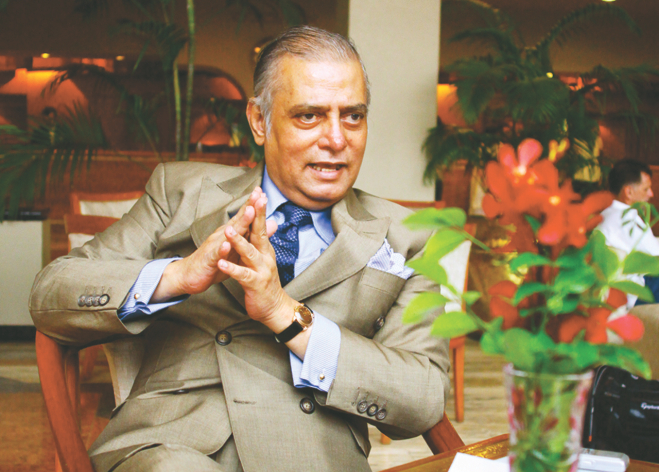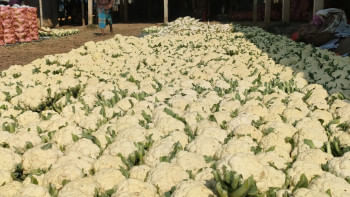A Tale Of Bravery

The anniversary of our independence brings back memories of a joyous victory and along with it memories of bravery, war and sacrifice. Each year we celebrate those who fought for our freedom to remind us of the price we paid and the true value of independence. Shahzaman Mozumder is one such war hero who was awarded the Bir Pratik title for his gallantry. Born in 1956, by the time the war came about, he was fifteen years old and a first year student at the then Jinnah College. With the hushed talk of an uprising against West Pakistan the tension in the air was palpable.
“On 7th March, we went to the meeting where Sheikh Mujib was to speak,” recalls Mozumder, “His speech was fiery, it was thunderous, and it was incomparable, like the greatest of symphonies, and he said all that without the aid of a script. In seventeen minutes, or thereabouts, he summed up the situation and the feelings of the people of this land. He gave a clear warning to those in power in Pakistani not to use force to dominate us and a clarion call to the rest of us to be prepared to liberate the country in case the Pakistanis didn't get the message.”
The young Mozumder was deeply affected by this experience and added to it was what followed. On the morning on the March 26, 1971 after a fearful night, he headed out to survey what had happened. “There used to be a number of shops, now burnt out. Among them was a barber shop where I often had a haircut,” he recalls. “It was completely gutted. Inside, a body sat leaning against the wall, legs splayed. It was completely charred! As I stared at the body, something inside me seemed to ignite,” he recalls. “I started walking towards Dhaka University. When I reached the TSC intersection, I followed some people going towards Jagannath Hall. Entering there, I found a small crowd staring at a freshly dug ditch filled with earth near the boundary wall of Shamsun Nahar Hall. It was a mass grave. They had not even bothered to cover their bloody handiwork properly and sticking out of the earth were human limbs. My blood reached boiling point. My hatred for the Pakistanis touched new heights as I vowed retribution.”
In the months that followed, Mozumder made his way with Tk 100 in his pockets to find the Mukti Bahini. “The war was nothing like you see in movies,” he relates, “I was trained in three days, armed and sent into the battlefield. My very first day, I encountered air burst artillery, a terrifying experience we never imagined in our wildest dreams. You don't recover easily from an experience like that.”
When Mozumder returned after the war he found that his mother and elder brother had been butchered by the Pakistani army. In 1973, he received his title of Bir Protik. “My leader wrote a citation about my war efforts, many others did not receive this for various reasons,” he says. “I believe that this is not just recognition of my contribution to the war, I represent all those who fought for freedom and bear the title for them.”


 For all latest news, follow The Daily Star's Google News channel.
For all latest news, follow The Daily Star's Google News channel. 



Comments